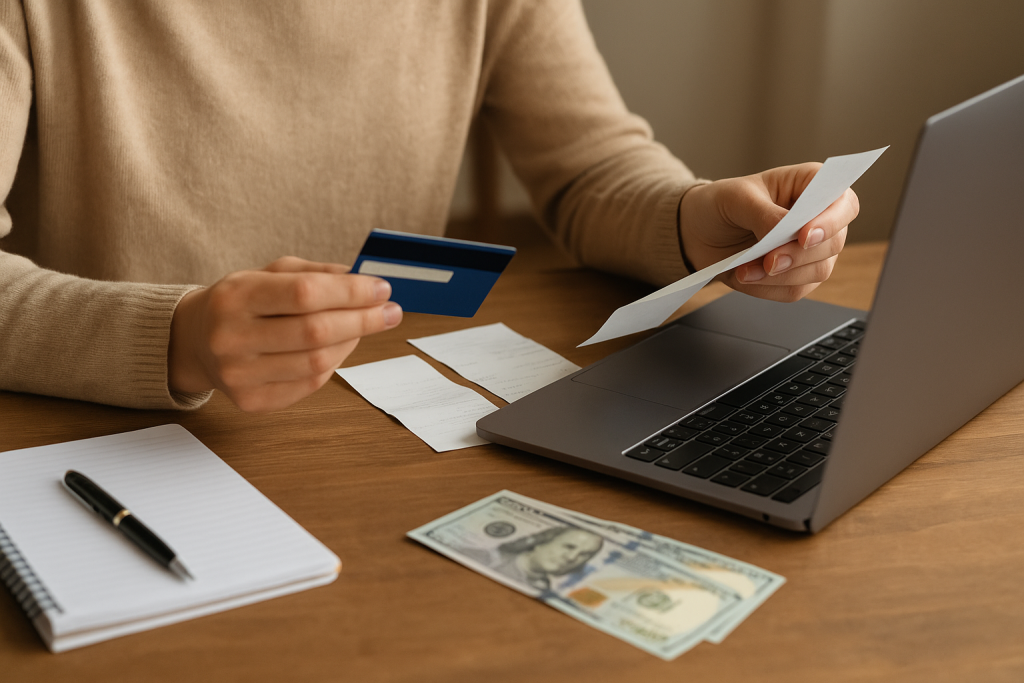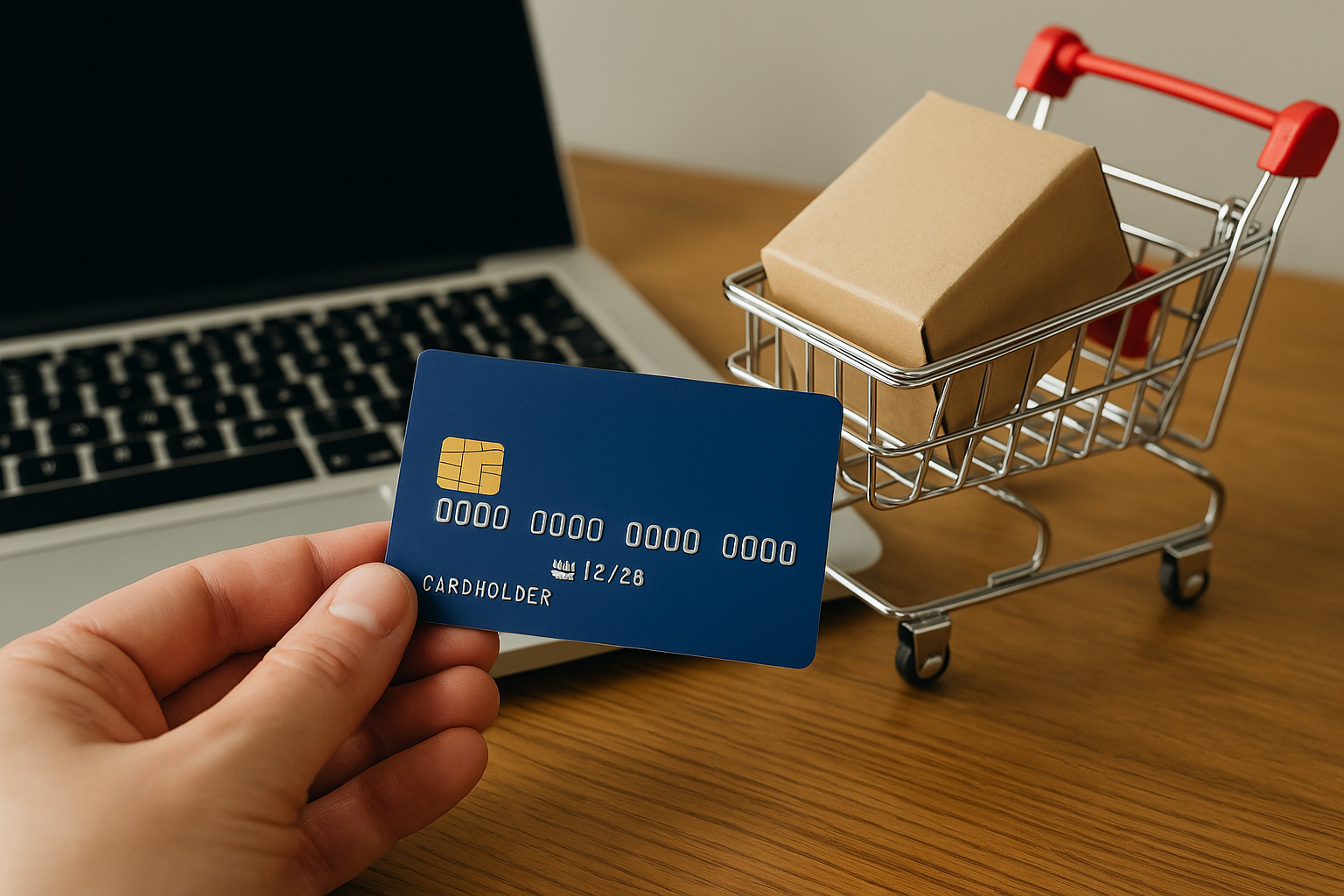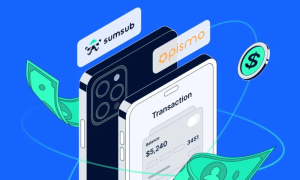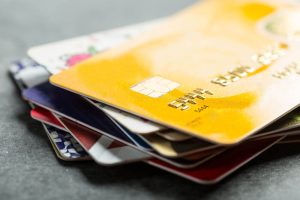In today’s fast-paced world, managing finances has become increasingly challenging. With the prevalence of credit cards and the enticing allure of Buy Now, Pay Later (BNPL) services, consumers are often left wondering how to stay in control of their spending. Credit cards offer convenience and rewards, but they can also lead to overspending.
This article aims to provide insights into the benefits and pitfalls of using credit cards and BNPL services. We’ll explore how these financial tools can help or hinder your financial goals and offer practical strategies to stay on top of your expenditures. By understanding the mechanics of each option and implementing sound financial practices, you can enjoy their benefits without falling into debt traps.
Understanding credit cards and buy now, pay later options

Credit cards have long been a staple in the consumer finance ecosystem. They offer the ability to make purchases on credit, earn rewards, and build credit history. However, the convenience they offer can sometimes mask the danger of accumulating debt. It’s essential to have a clear understanding of your spending habits and the terms associated with your credit card.
Buy Now, Pay Later services have emerged as a popular alternative to traditional credit, offering short-term installment plans for purchases. These services are often marketed as interest-free, making them attractive to consumers. However, failing to meet payment deadlines can result in fees, ultimately negating the initial benefits. Knowing when and how to use these services is vital to maintaining financial health.
With both credit cards and BNPL options, the key is to stay informed and disciplined. By reading the fine print and understanding the potential consequences, you can make informed decisions. Explore the features, fees, and rewards of each option to ensure you choose what best fits your financial situation.
Strategies to manage credit card spending
One effective way to manage credit card usage is by setting a budget. Determine how much you can afford to spend each month and stick to it. This practice will help you avoid overspending and keep your credit card balance manageable. Also, consider leveraging credit card rewards by aligning them with your spending habits, ensuring you get the most out of each purchase.
Additionally, make it a habit to pay your credit card balance in full each month. This approach prevents interest accumulation and keeps your credit utilization low, positively impacting your credit score. Regularly reviewing your credit card statements can also help you spot any unauthorized charges or unusual activity, enabling you to address issues promptly.
Tips for buy now, pay later usage
When using Buy Now, Pay Later services, it’s important to prioritize payments to avoid late fees. Set up reminders or automated payments to ensure you don’t miss any deadlines. Being proactive about paying off BNPL balances can help you take advantage of interest-free periods without incurring additional costs.
Moreover, treat BNPL as you would any other form of credit by integrating it into your monthly budget. Avoid the temptation to make multiple purchases just because payments are delayed. Assess whether you genuinely need the item and whether it’s within your financial ability to cover it in the future installments.
Long-term financial strategies for sustained control
Developing a long-term financial strategy can empower you to use credit cards and BNPL services without losing control. Start by establishing an emergency fund, ensuring you’re not reliant on credit during unforeseen situations. Having savings set aside can provide peace of mind and decrease dependence on credit.
Furthermore, strive to maintain a healthy credit score, which can open up better financial opportunities in the future. This entails timely payment of all your credit obligations and responsible management of your overall debt load. Consider regularly checking your credit report to ensure all information is correct and up to date.
Educational resources and support
Leverage educational resources and financial tools to keep your spending in check. Many financial institutions offer budgeting apps and credit monitoring services. These tools can offer valuable insights into your spending patterns and help you identify areas for improvement. Accessing these resources can make a significant difference in how effectively you manage your finances.
Additionally, seeking guidance from financial advisors or counselors can provide customized solutions to your personal financial challenges. Professional advice can be beneficial, especially when navigating complex financial products like credit cards and BNPL services.
The importance of financial mindfulness
Practicing financial mindfulness means being conscious of your spending habits and their impacts on your overall financial well-being. Cultivating this mindset helps you make intentional spending choices, leading to greater financial stability. Regular reflection on your financial goals and habits can empower you to adjust and optimize as necessary.
Incorporating mindfulness into financial decisions encourages a thoughtful approach to both credit cards and Buy Now, Pay Later options. Balancing short-term desires with long-term financial health ensures that these financial tools remain assets rather than liabilities in your life.





